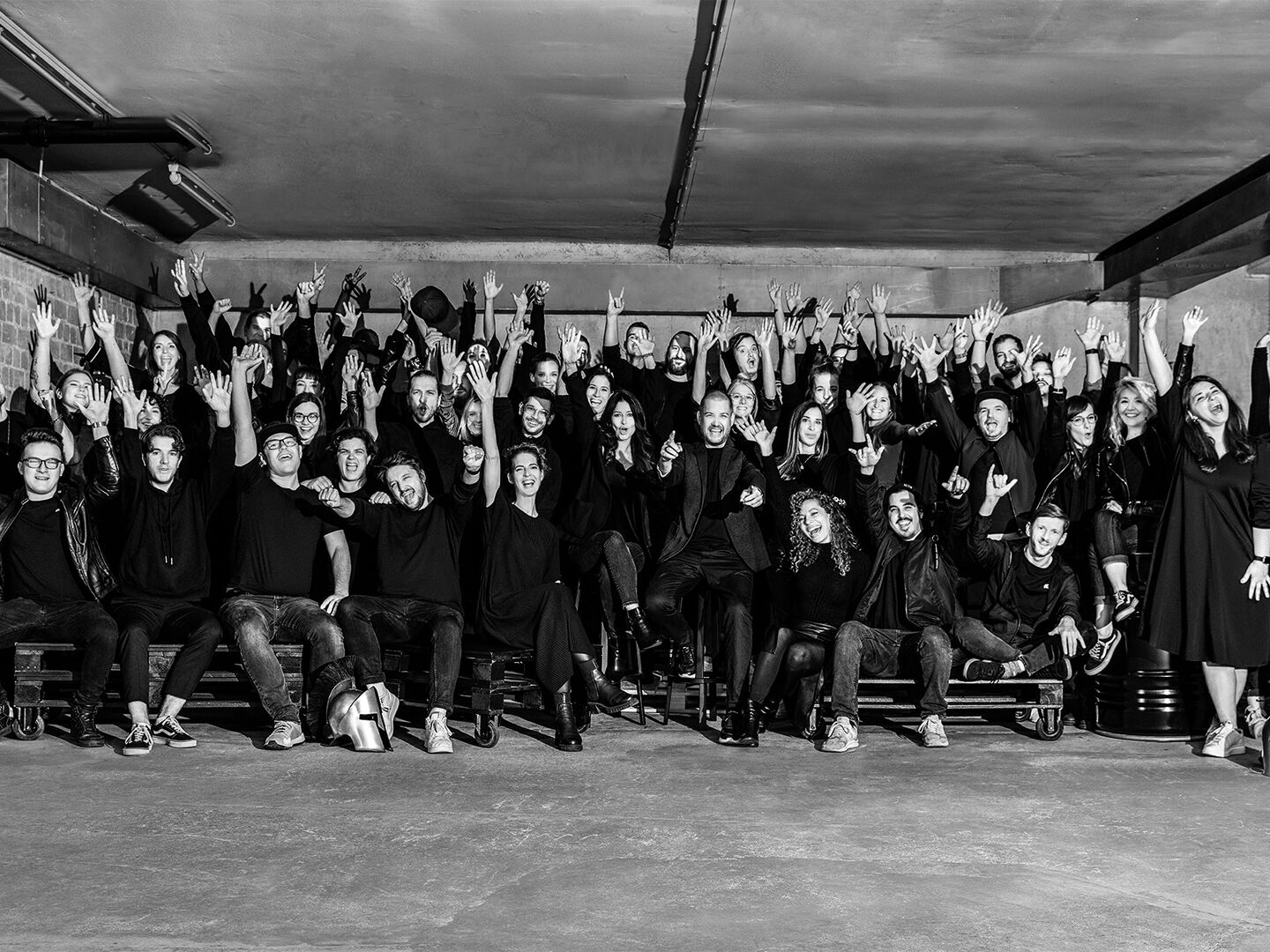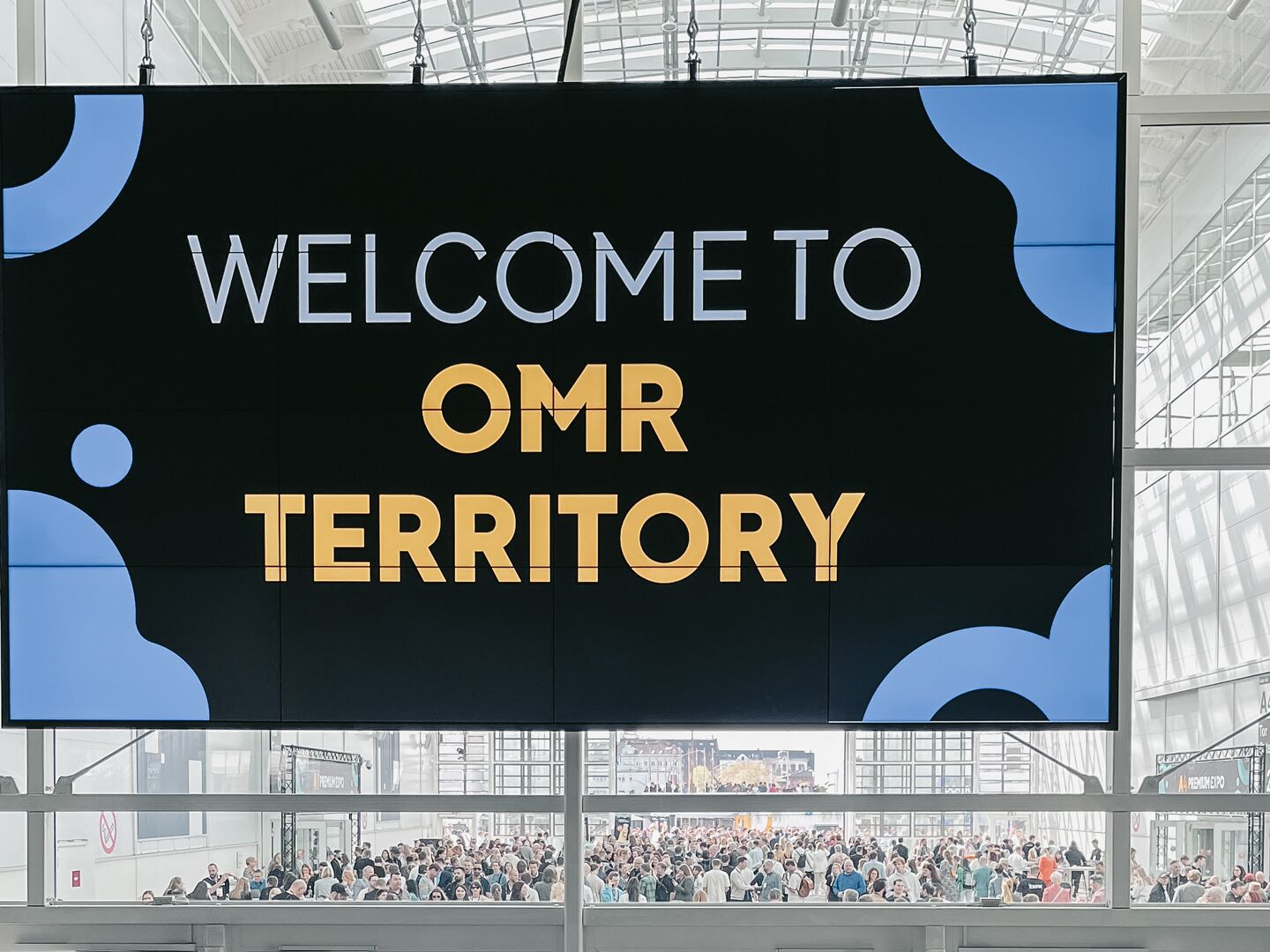
Corporate Language and AI
Guest article in the w&v- 5 min reading time
W&V – Results from text robots like ChatGPT are often interchangeable. Karen Frohnwieser explains how AI can still be useful despite its own tonality and corporate language.
This example shows what happens when you simply rely on artificial intelligence: In a training course, one task consisted of inventing any product in small groups. The only specifications: three, at first glance, completely incoherent keywords, which features the new product must have and only five minutes.
Five minutes is very short, so one or the other came up with the idea of asking ChatGPT. The result: Out of four people from the group, three presented the completely identical idea. People of different nationalities, with different jobs and different ages. So the question is: how customized can ChatGPT be? Or to put it another way: How interchangeable are messages when they are written by artificial intelligence?
Combine the advantages of AI with an independent tonality
When it comes to time and efficiency, you can't beat a tool like ChatGPT. An advantage that can make everyday work much easier for many people and creates space for new ideas. But what matters is how we actually use artificial intelligence. How we make it so good that it offers real added value. And that leads to the question: Is ChatGPT perhaps an opportunity to focus more on corporate language again?
Especially in times when brands and products are becoming more and more similar, when consumers are being overwhelmed by offers and messages, it is important to differentiate yourself. Colors and imagery are also becoming increasingly interchangeable, and there is hardly a typeface that has not yet been seen. But in interaction with a unique tonality, seemingly the same becomes significantly different and more independent.
A separate corporate language aims to make the values and attitude of a company tangible in every text, in every message, in every word. Online as well as offline. It's not just about communicating intelligibly, but effectively and uniquely. The target group should be reached, interested parties become fans because they recognize and appreciate the values and attitude of the company in every medium, on every channel. In this way, language becomes a company's calling card. And that's exactly why we need human intelligence. They develop this unmistakable language.
First increase the recognition value and then automate it?
The more individually we communicate, the greater the recognition value. Let’s take Ikea, many years ago this company made the “du” socially acceptable when addressing customers, the product names are often funny and personalize the furniture. Everything seems simple, student-like, formulations surprising and relaxed.
So you can recognize companies by their language alone. This requires good preparatory work and specialists. But thinking further, this is exactly the basis that is needed to then use tools like ChatGPT. If we know how we communicate and what we communicate, we can use the right prompts to ensure that not all of the artificial copywriter's messages are interchangeable.
How can limits be set?
Human intelligence must lay the foundations, provide templates that we can feed artificial intelligence with, for example. Human intelligence has to assess what messages are generated and decide what works and what doesn't within the corporate language. We can ask ourselves whether we have to insist on exact compliance with corporate language requirements for fast-moving content such as social media posts. Or whether we use the efficient support at this point and put our energy into more important projects, for example. An example here is certainly good employer branding. Because what is more important for future and existing employees than a clear language that communicates the values and attitude of the company.
That is why clearly defined rules are needed to decide what is still acceptable because it is economical and when human intelligence is needed because the messages at this point must not be a compromise.
AI as an opportunity, as a driver, as a door opener
AI should not be viewed as a threat. It offers opportunities. It can save time, it can give impulses in a creative hole, it can, fed intelligently, perhaps at some point also write corporate. But the ideas, the brain power, the creative thoughts, the strategic concepts, AI cannot replace them. This requires human intelligence. Perhaps the hype about tools like ChatGPT is just the right impetus to think about your own language. The value of language and respect for everyone with whom we communicate. Perhaps ChatGPT is just making it a lot clearer which companies are sinking into the generic mishmash of random brands that no longer have loyal fans.
AI also gives companies the opportunity to be at the forefront. Not only with our own products, not only with the independent unmistakable communication, but also in the intelligent use of artificial intelligence.
ChatGPT in particular scares many a little. The better the tool gets, the more replaceable they are. I do not think so. The more ChatGPT gains in importance, the more important the linguistic basis becomes.
Creative Director and Teamlead Copy and Concept
Because only when you speak your own, recognizable language can you benefit from a tool like ChatGPT. And for this basis, for the corporate language, copywriters, conceptual designers and strategists will be needed for a long time to come. And they have time for that again. Because they can simply give up one or the other. To the artificial intelligence.

